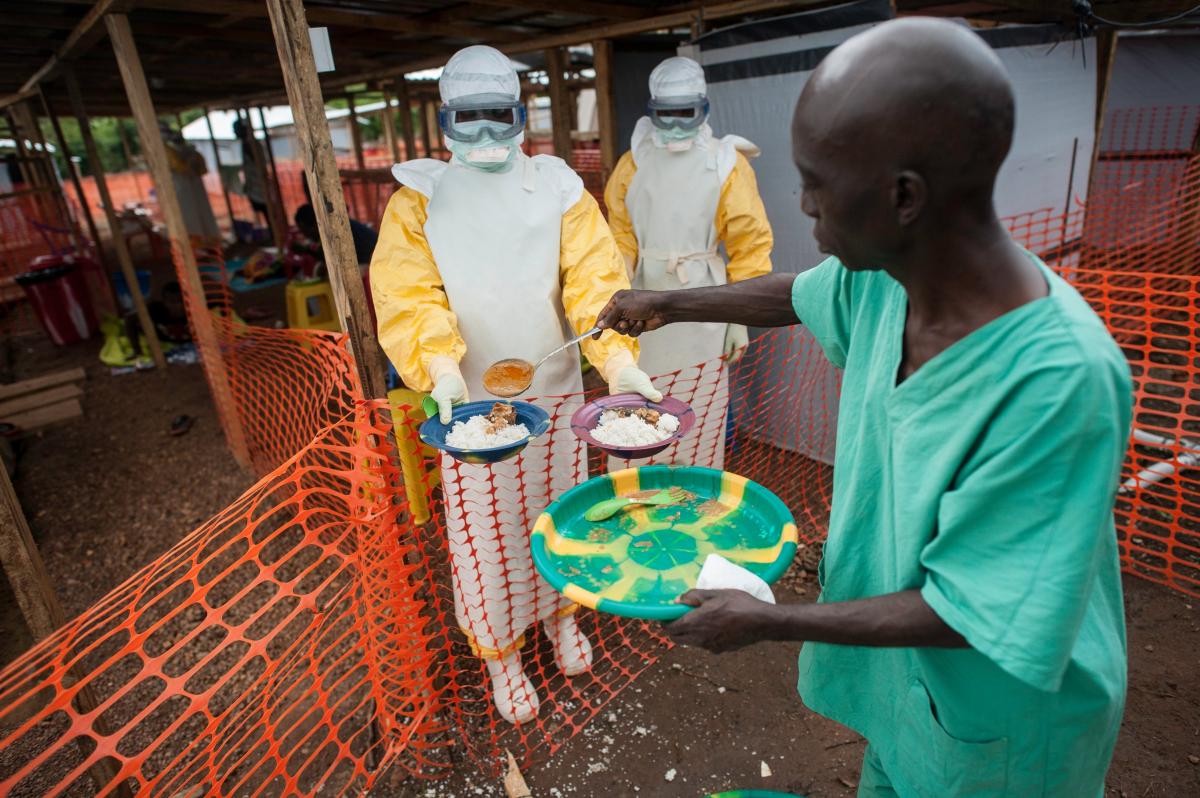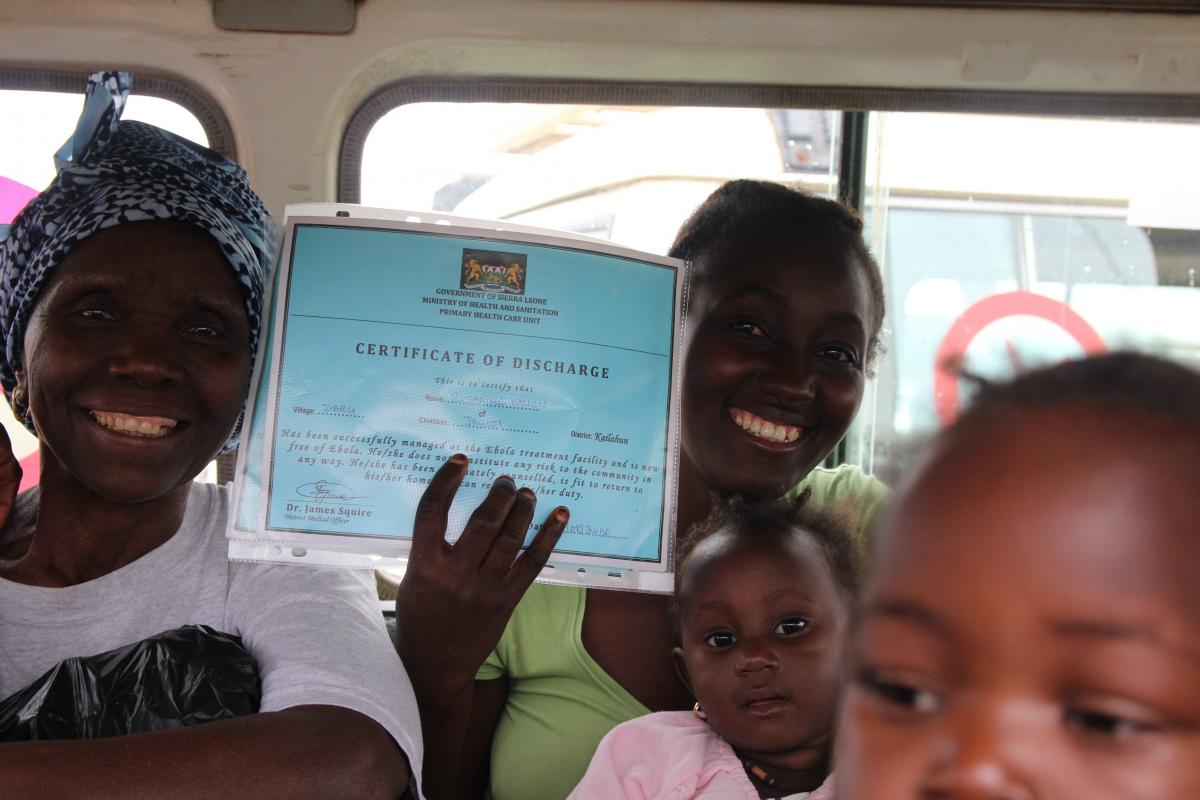
The biggest Ebola outbreak in the history has already claimed more than 2,600 lives. The high fatality rate has created a lot of fear not just in the affected parts of West Africa, but also outside the region. It is a very dangerous disease, but not all of the fears are medically justified.
1. Is it transmitted through air?
No. Ebola is not an airborne disease. It is transmitted through:
- contact with infected animals;
- direct contact with infected body fluids of an infected patient, such as blood, sweat, excreta, vomit, saliva, sperm and mother’s milk;
- contact with infected corpses (human or animal) which have high levels of virus.
For the safety of our staff, MSF implements strict infection control measures inside our medical facilities, such as the personal protective equipment and clear separation of low-risk and high-risk areas inside the treatment centres.
2. Do all infected patients have haemorrhagic symptoms?
No. Early on, symptoms are non-specific, making it difficult to diagnose. The disease is often characterised by the sudden onset of fever, feeling weak, muscle pain, headaches, painful throat and difficulty in swallowing. This can be followed by vomiting, diarrhoea, rash, impaired kidney and liver function. Haemorrhagic symptoms like nosebleeds, bloody vomit, bloody diarrhoea, internal bleeding and conjunctivitis are seen in less than 50 percent of cases.

3. Is the person infected with Ebola contagious during the incubation period?
The incubation period for Ebola from the time the pathogen enters the body until signs or symptoms first appear, is 2 to 21 days.
During this period even the patient is infected with the virus, he is not contagious as long as he does not have any symptoms and hence can lead a normal life. But once he develops any symptoms, he should immediately go to a hospital.
4. Is Ebola untreatable?
At the time of writing, there is no specific treatment or vaccine available that has proven efficacy in humans and is registered for use in patients. Supportive treatment, such as hydrating the patient, maintaining their oxygen status and blood pressure, providing high quality nutrition and treating them with antibiotics for any complicating infections, can help the patient survive longer. And the extra time may be just what the patient's own immune system needs to start fighting the virus.




